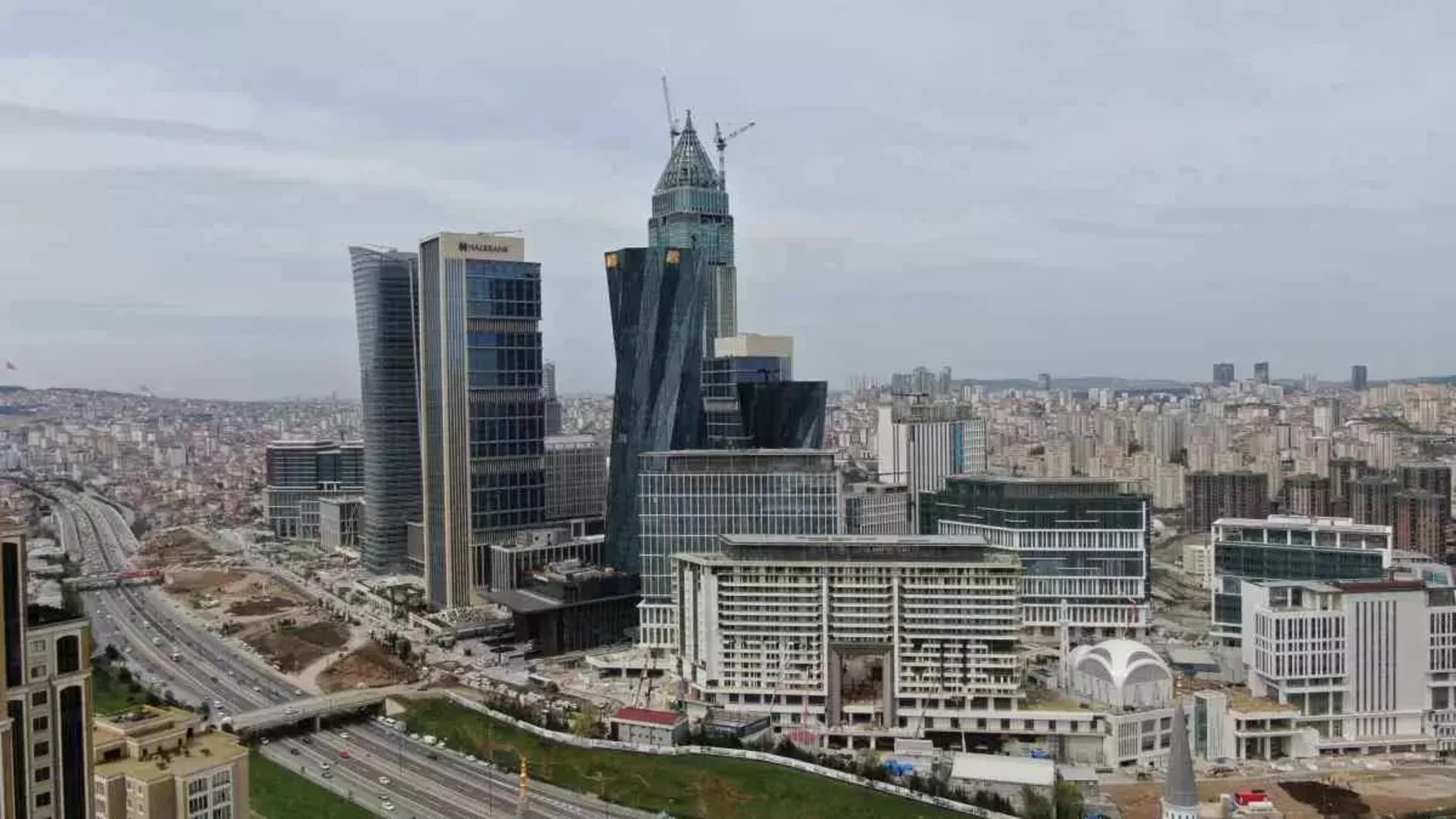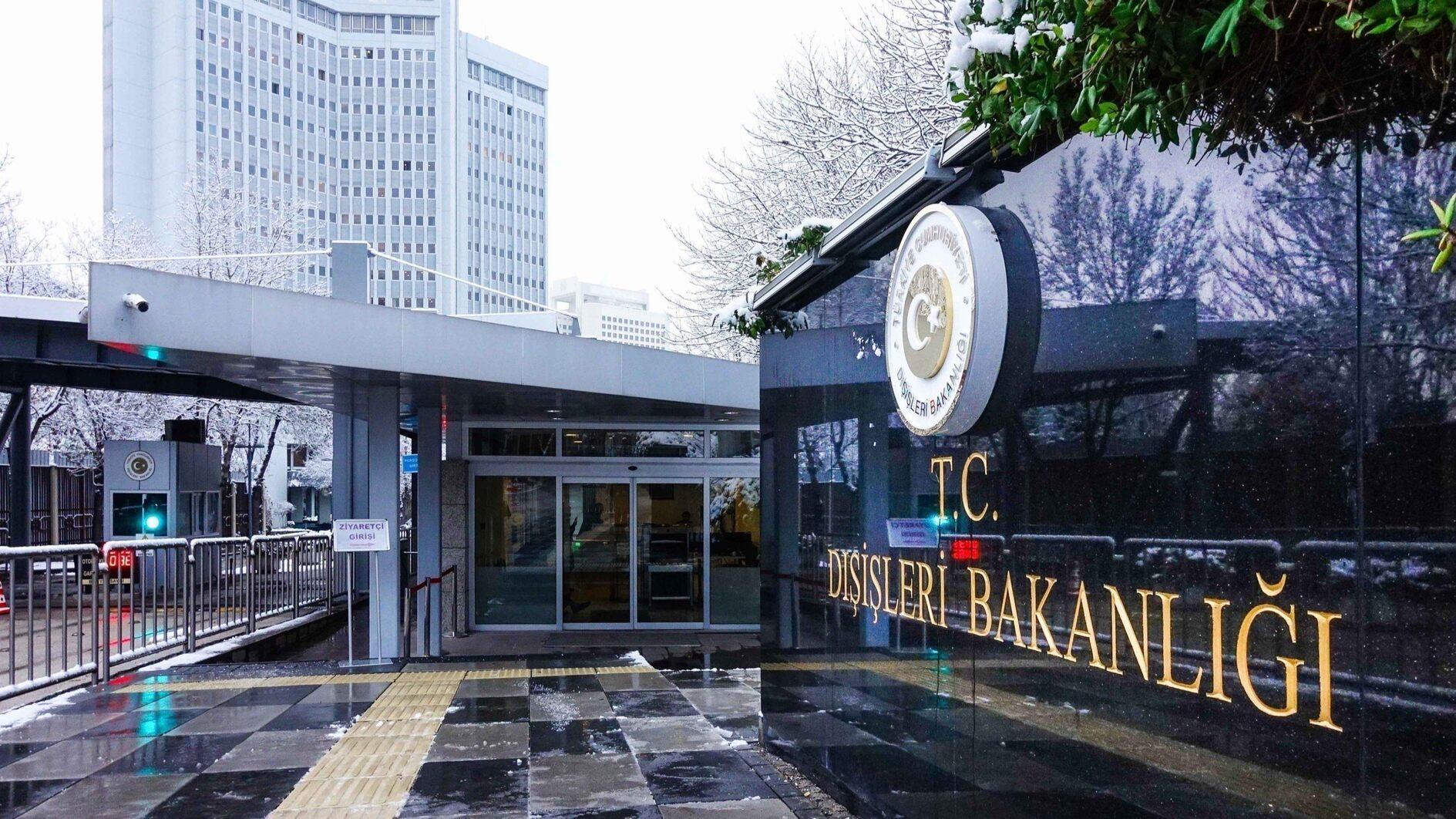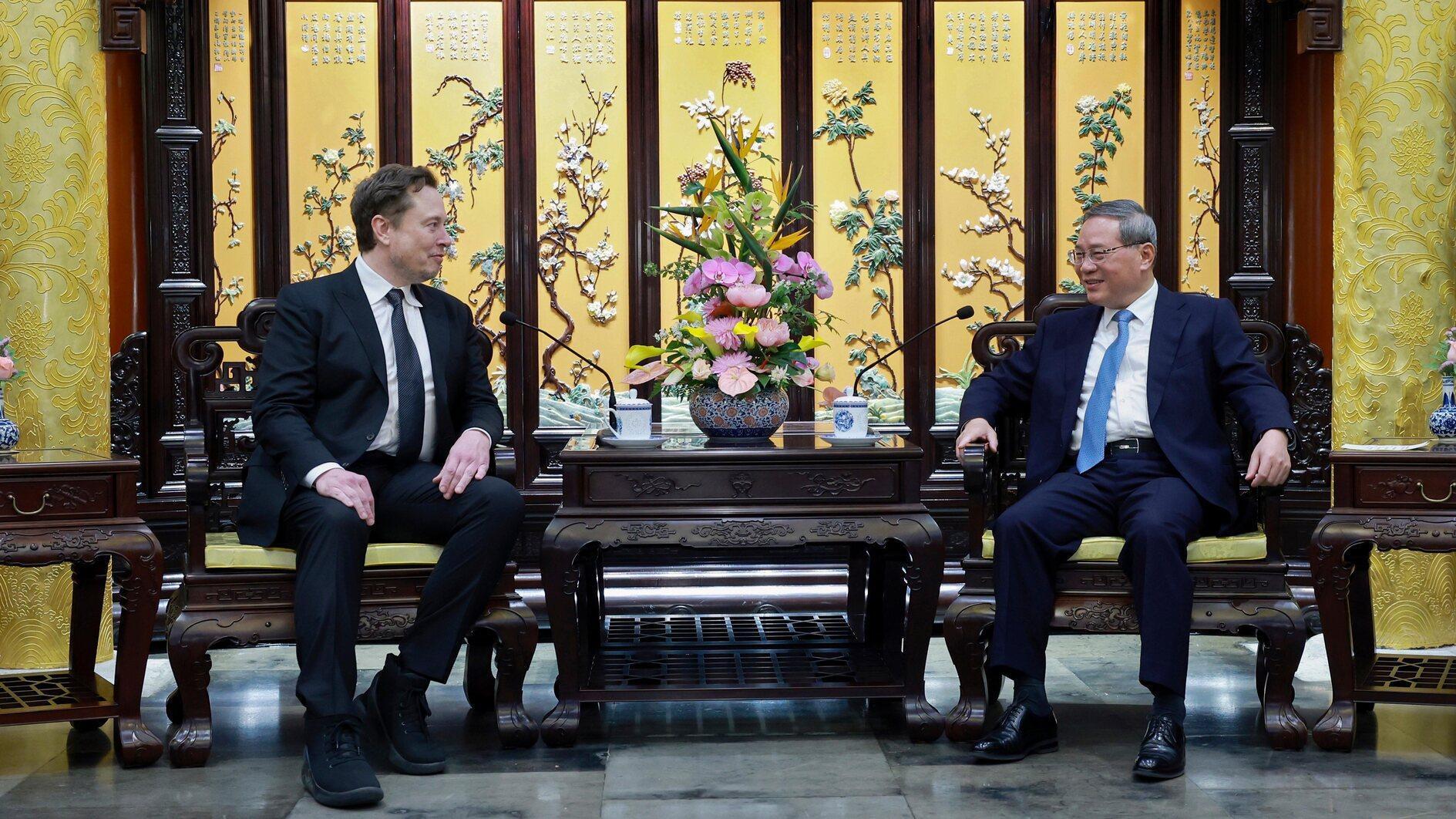North Korea’s leader still mystery: Pentagon
WASHINGTON - Reuters

North Korean leader Kim inpsects the Pyongyang Floriculture. South Korean defense minister claims that Kim is trying to introduce economic reforms. AFP Photo
It is not clear whether North Korea’s new leader will follow the dangerous path of his father or not, U.S. Defense Secretary Leon Panetta said Oct. 24, despite worrying behavior by the reclusive state during his first year in power.“The bottom line is we still don’t know whether or not he will simply follow in the steps of his father or whether he represents a different kind of leadership for the future,” Panetta said, flanked by South Korea’s defense chief at a Pentagon news conference.
The still largely untested Kim Jong-un, in his late 20s, has appeared to be trying hard to soften the dour image of his dictator father, whom he succeeded in December. He has appeared waving and smiling at public events, even attending a pop concert that included Disney characters. At times, just as unusual for a North Korean leader, he was accompanied by his wife.
South Korean Defense Minister Kim Kwan-jin noted that Kim Jong-un was trying to introduce economic reforms, even though he acknowledged in the same breath that it was unclear if they could succeed. But when it comes to the armed forces, the North Korean leader appears to moving ahead with the military-first policy of his father.
Meanwhile, Seoul kicked off an annual, large-scale military exercise yesterday aimed at countering threats from North Korea at a time of heightened cross-border tensions. The week-long military maneuvers will involve 240,000 army, navy, air force and marine corps personnel, along with police officers, according to the Joint Chiefs of Staff (JCS).
About 500 U.S. soldiers will also take part in the exercise, which Pyongyang had condemned in the past as tantamount to “a war of aggression.” Some 28,500 U.S. personnel are stationed in the South, a legacy of the 1950-53 Korean War that ended with a ceasefire but not a peace treaty, leaving the two Koreas still technically at war.
Compiled from Reuters and AFP stories by the Daily News staff.
















